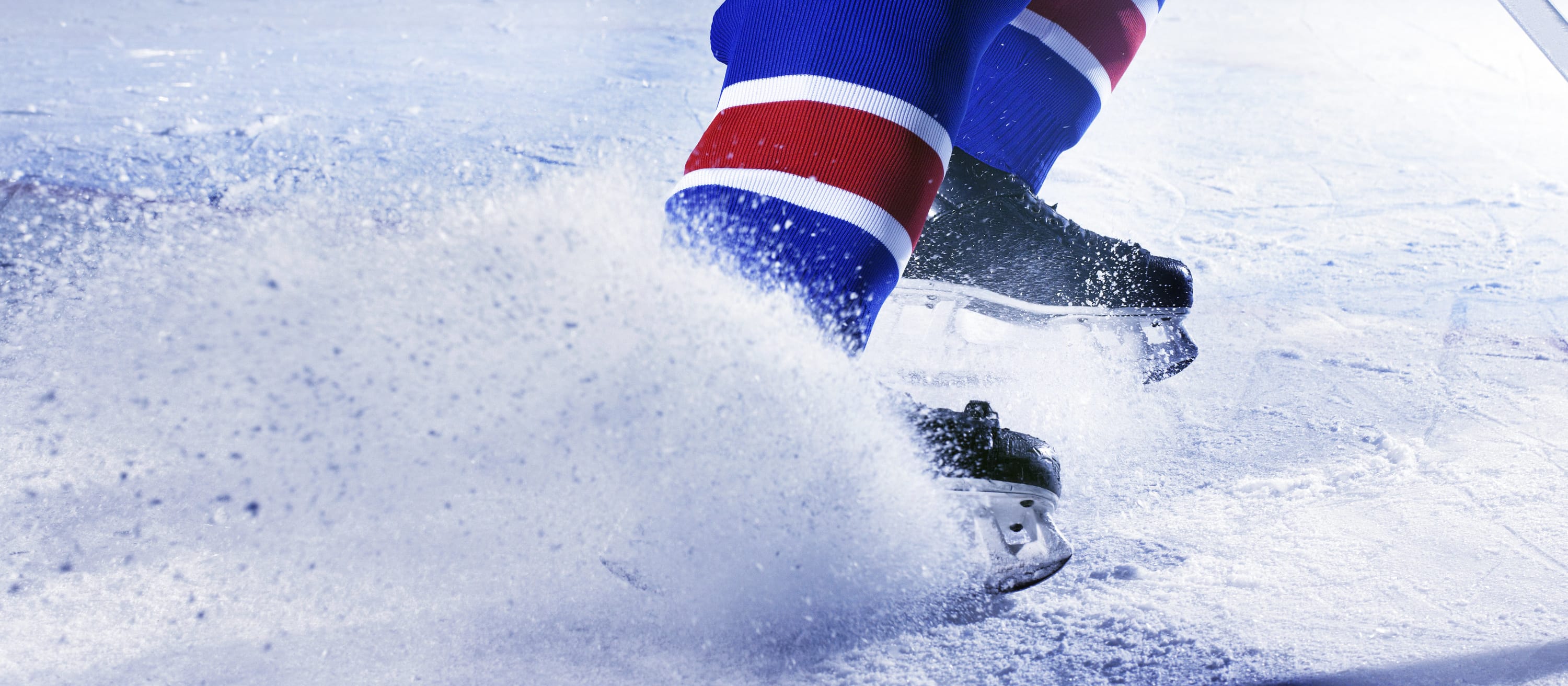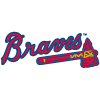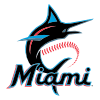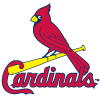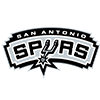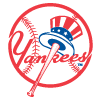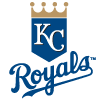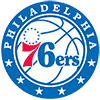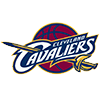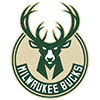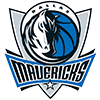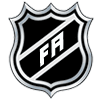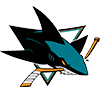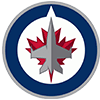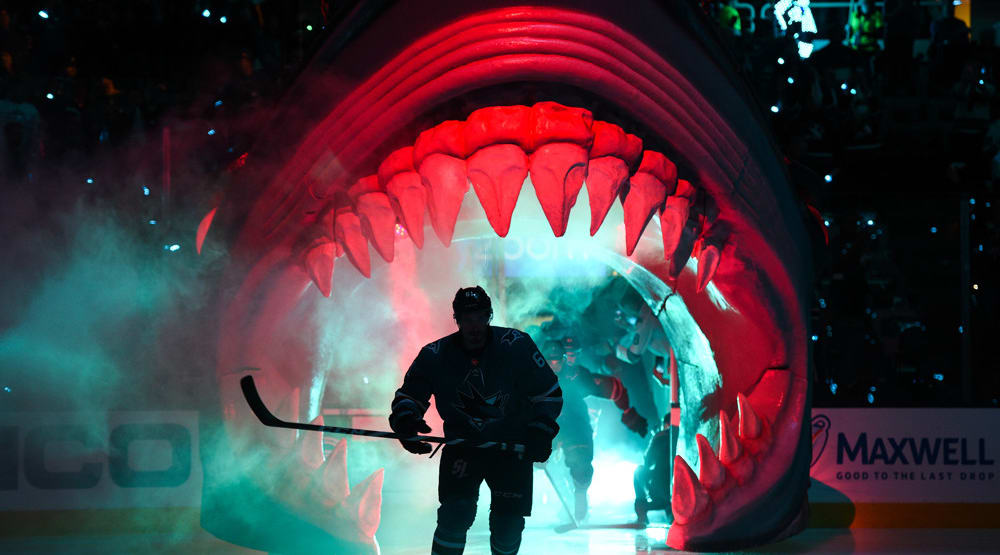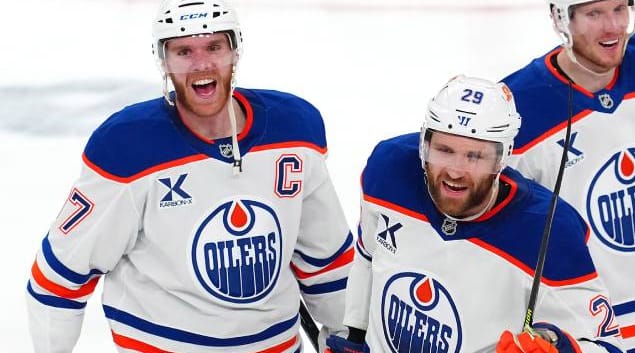The Blue Jackets headed into last season displaying what was, for them, a shocking amount of confidence. Deciding that they finally had the correct core of talent around long-suffering captain Rick Nash they cracked open the checkbook and not only traded for the Flyers' Jeff Carter to be the big-name running mate Rick Nash had been pining for, they also signed James Wisniewski to a huge free agent deal to spearhead the power play. For once, the Jackets were acting like a club that expected to make the playoffs.
Then Wisniewski smacked Cal Clutterbuck in the head after a preseason game, and that beautiful postseason dream evaporated in an instant. The NHL decided to make an example of Wisniewski and handed down a ridiculous suspension that was out of proportion to the actual nature of his infraction. The Blue Jackets promptly went out and lost all eight games Wisniewski missed to start the regular season, and they never recovered. Wisniewski couldn't stay healthy when he returned, Carter sulked his way into an eventual reunion with Mike Richards in Los Angeles (and, to rub salt in the wound, into a Stanley Cup parade), none of the kids developed as expected, coach Scott Arniel got fired and, finally, finally, Nash had had enough and demanded a trade of his own, one which came in the offseason and netted the Jackets nothing close to Nash's value.
Expectations are low, to say the least, heading into 2012-2013. The Blue Jackets have never had a
The Blue Jackets headed into last season displaying what was, for them, a shocking amount of confidence. Deciding that they finally had the correct core of talent around long-suffering captain Rick Nash they cracked open the checkbook and not only traded for the Flyers' Jeff Carter to be the big-name running mate Rick Nash had been pining for, they also signed James Wisniewski to a huge free agent deal to spearhead the power play. For once, the Jackets were acting like a club that expected to make the playoffs.
Then Wisniewski smacked Cal Clutterbuck in the head after a preseason game, and that beautiful postseason dream evaporated in an instant. The NHL decided to make an example of Wisniewski and handed down a ridiculous suspension that was out of proportion to the actual nature of his infraction. The Blue Jackets promptly went out and lost all eight games Wisniewski missed to start the regular season, and they never recovered. Wisniewski couldn't stay healthy when he returned, Carter sulked his way into an eventual reunion with Mike Richards in Los Angeles (and, to rub salt in the wound, into a Stanley Cup parade), none of the kids developed as expected, coach Scott Arniel got fired and, finally, finally, Nash had had enough and demanded a trade of his own, one which came in the offseason and netted the Jackets nothing close to Nash's value.
Expectations are low, to say the least, heading into 2012-2013. The Blue Jackets have never had a real identity of their own except for that brief period when Ken Hitchcock held the reins, but with second overall pick Ryan Murray joining Wisniewski, Jack Johnson (acquired when Carter was sent packing), Fedor Tyutin, the surprising Nikita Nikitin, John Moore and others the club seems to have decided to build from the blue line out. That's fine and all, but when your forward ranks are 'headlined' by the likes of RJ Umberger and Brandon Dubinsky you've basically committed to finishing dead last in goal scoring, and while the Columbus defense should be solid, the Columbus goaltending, supplied by Sergei Bobrovsky and the inexplicably still around Steve Mason, is another question entirely.
In short, this is a roster designed to give the organization the best possible odds in the Nathan MacKinnon sweepstakes, so nothing less than total failure will do.
THE BIG GUNS
Vinny Prospal (LW): Perhaps the most amazing thing about Prospal's 2011-2012 season was not that he managed to maintain his professionalism and calm demeanor even as the Blue Jackets imploded around him, or that he nearly ended up as the team's leading scorer (finishing just four points behind Rick Nash in the big man's swan song with Columbus), but that he stayed healthy for a full 82 games. To be fair he has played 75 or more games in three out of the last four seasons, but at 36 relying on to continue to stay in one piece is something only a really desperate club (like, say, the Blue Jackets) would do. He's still capable of making a solid offensive contribution, and on a roster as offensively threadbare as Columbus' he's almost guaranteed a top-six placement. If you think he can muster up a full campaign he's capable of another 15-20 goal, 55-60 point season, but it's a risky bet.
James Wisniewski (D): On a point-per-game basis Wisniewski was almost worth the big free agent dollars the Blue Jackets threw his way, scoring at a pace that would have seen him finish with 10 goals and 46 points over 82 games, but between a draconian suspension to start the season, a broken ankle and a concussion (along with lesser bumps and bruises) he managed to suit up for just 48 games. Heading into 2012-2013 he's got a top spot on the power play next to Jack Johnson sewn up, but also a cast of forwards in front of him sorely lacking in proven goal scorers to bang home the rebounds from his big shot. Don't expect more than about 40 points as a result, and his plus-minus will probably be its usual dreadful self.
Jack Johnson (D): Johnson thrived after being sent back east from the Kings, recording four goals and 14 points in 21 games with Columbus while even managing to record a positive plus-minus, no mean feat on a team that finished the season dead last in the standings. The Blue Jackets will be scrambling for offense with Rick Nash now gone, but Johnson's place on the top power play unit and as the face of the franchise is secure and if he can handle the pressure of trying to carry a team as woeful as this he'll have a chance to top his previous career high of 37 points provided the forwards show any signs of life at all.
ON THE RISE
Ryan Johansen (C): Johansen's first season in the NHL was nothing to write home about, as he managed just nine goals and 21 points in 67 games spent mostly on checking lines. He didn't seem able to earn the trust of then-interim coach Todd Richards, but with another offseason to work on his skating and, more importantly, with the top two lines now wide open in the wake of the Rick Nash trade Johansen will be given every chance to win a better placement than he got saddled with last year. Foot speed aside he's got enviable size and top grade tools, and on a roster suddenly bereft of stars he's got plenty of room to spread his wings and reach his potential.
Nick Foligno (C): Foligno joins the Blue Jackets after a season in which he produced a career-high 47 points and, perhaps more importantly, a career-high 124 PIMs that's reminiscent of his feisty junior days. Columbus desperately needs him to keep developing and rack up his first 20-goal season while locking down a top-six spot but if he can also maintain the physical edge to his game that he showed in his final season as a Senator, Foligno will fit in nicely on a Jackets club that will be clawing and scraping for every point they can get in the standings.
Cam Atkinson (RW): The young winger had a mostly successful first full season in the pros, lighting the lamp 29 times in 51 AHL games while posting a more modest but still solid 7-7-14 line in 27 games with Columbus. He came on towards the end of the season, scoring 10 of his points in the final six games (including an eye-popping five goals in the final two) and will be given a long look as a potential top-six forward on a Rick Nash-less Blue Jackets' roster that will be starving for snipers. He still has yet to prove that he can make a consistent impact in the NHL given his tiny stature, but he's scored at every other level at which he's played and if he can find just a little space on the ice Atkinson has the skill to break through to the 20-goal level as a sophomore.
TWO TO WATCH
Brandon Dubinsky (LW): Two years removed from a 24-goal, 54-point season Dubinsky was the closest thing to a big prize the Blue Jackets received in the Rick Nash trade, but he's hardly an elite talent. At his best he's a physical two-way forward who should quickly become a fan favorite in Columbus (if only by default) but he's coming off a down season and even if he's shoehorned into a spot on one of the top two lines with the Blue Jackets it's hard to see him doing any better than his 2010-2011 output given the quality of the supporting cast he'll have.
Derick Brassard (C): No longer a young prospect with upside, Brassard heads into this season as a 25-year-old former first round pick who's dangerously close to being a bust, having never scored more than 17 goals or 47 points in a season despite multiple chances to center for an all-world talent like Rick Nash. The Blue Jackets are praying he can emerge from Nash's shadow and become one of the new offensive leaders on the roster, but if he keeps slogging along at the same mediocre level that he has through most of his NHL career so far it's hard to see him keeping a top-six placement over competition from a developing Ryan Johansen and new additions like Nick Foligno and Brandon Dubinsky. This will be a make-or-break year for Brassard in Columbus, where he either starts living up to his potential or brands himself as yet another failed Jackets draft pick who needs a fresh start elsewhere to try and salvage his career.
DON'T OVERRATE
Sergei Bobrovsky (G): Bobrovsky's numbers slid in his second NHL season, and the Flyers elected to ship him to Columbus for a handful of draft picks. The young Russian netminder will head into training camp as the presumptive number one for the Blue Jackets ahead of Steve Mason, and while heading to the worst team in the league would normally not be a good career move the Jackets do have a young, skilled crop of blueliners capable of gelling into one of the tighter defensive units in the league with some experience. Of course while the blue line looms promising the forwards ranks are a talent wasteland, and even if he regains his form there could be a lot of 1-0 and 2-1 losses in Bobrovsky's future. In short, don't expect much in the way of fantasy value in the short term as the Jackets seem destined for another finish in the NHL basemant.
RJ Umberger (LW): Umberger had his worst season as a Blue Jacket last year, scoring 20 goals but only 40 points, and despite being the consummate team player even he looked disgruntled at times by the freefall the club was in. With Rick Nash now gone the team will likely try to re-brand itself as a scrappy, physical club, a style of shinny that should in theory be a perfect fit for Umberger, but if he decides he'd like to follow his former teammate to greener pastures there's no guarantee he'll play up to his usual 25 goal, 55-60 point level.
HOT (OR NOT?) PROSPECTS
Ryan Murray (D): Despite a lack of offense that was about to be exacerbated by the Rick Nash trade, the Blue Jackets passed up the chance to add a potential franchise forward to the organization at this year's draft and instead used the second overall pick on Murray. It's hard to argue with their choice though as he was arguably the most NHL-ready player available, showing a tremendous amount of poise, leadership and maturity during his junior career to go along with an extremely well-rounded skill set. The Blue Jackets' blue line is deep enough that even if Murray does break camp with the club he won't be required to shoulder a heavy offensive burden, but it will likely just be a matter of time before his play starts demanding ice time in key situations.
TJ Tynan (C): This speedy but undersized center has been an offensive dynamo in college, but he'll have to prove himself all over again once he turns pro, as all players with his lack of stature do. It's easy enough to say when he's only faced NCAA competition but Tynan looks special though, and has displayed the willpower and work ethic necessary to be one of the waterbugs that actually makes it in the NHL. Don't write him off.
Oscar Dansk (G): Dansk isn't your typical big-ice European goaltending prospect, having already spent time playing at a Minnesota prep school and now deciding to continue his development in the OHL rather than staying home in Sweden. He doesn't have prototypical size but makes up for it with great quickness, and at least to this point in his career has shown good focus and mental toughness. He's a few years away, but he could be the franchise goalie Columbus sorely needs.


